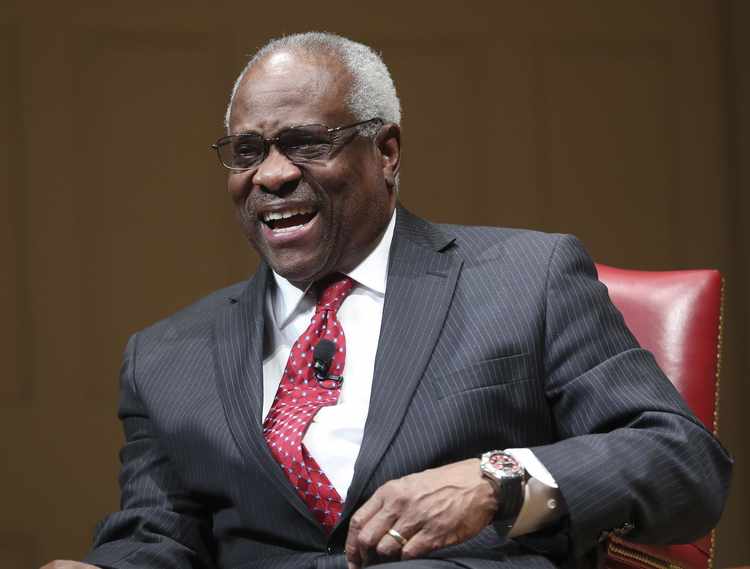There was a prayer rally Thursday at the site of a scheduled Satanic meeting for young children in a K-2 primary school on the southeastern corner of Virginia. A schedule of meetings was arranged under a “tenant” lease used to allow for meetings outside of the familiar teacher-sponsored club arrangements that most people have experienced. No teachers were sponsoring Satan in this instance.
The school principal and the school board approved the lease agreement allowing Satan’s group to hold meetings in the school. The group publicly deny that Satan exists, or at least started to when they picked up the meeting in schools with minors schtick a while back, but some of them still give the stiff-arm “Hail Satan” salute and slip into recitations of Satan’s “sterling” qualities. Many of them gave false names and addresses in order to speak at the school board meeting, where local community input on the matter of leasing space for Satan was considered, only to be found out at check-in when their fictitious addresses were found out and their ID, when presented, did not match. Satan has fallen on hard times, indeed, when he can’t even manage forged documents to avoid being caught in simple lies.
Satan has a preferred sparring partner in an established religious after-school club, a kind of Washington Generals to Satan’s Harlem Globetrotters. They claim to be Christian but are quoted in the press as welcoming Satan’s participation as a competing element in these schools. Saint Paul warned us of such. It is a neat little arrangement that likely draws dollars to both sides. It is a very old game.
The group I prayed with Thursday is not a participant in neat little arrangements. It was made up of children, parents, grandparents, neighbors, and priests who know full well the power of Satan active in the world today. The prayer rally lasted an hour, the hour of the scheduled meeting.
An interesting thing happened as we prayed the rosary. As part of the rosary, we meditate on different events from the gospels as we. In this case, as Jesus was carrying the cross to Golgotha, I smelled a whiff of smoke, and my eyes were irritated. By the time we reached the crucifixion, the smoke was strong, as if I were immediately downwind from a bonfire, and I was unable to open my eyes. As we moved on to the resurrection, the effect was quickly alleviated. There were no flames present, and the brisk Atlantic breeze would have quickly dissipated any smoke, but nonetheless, the smoke clung to my nose and lungs. The world is on fire, though few have noticed yet.
In this event, our prayers were answered. Satan’s side did not appear to exercise their tenancy. That leaves the group with much still to pray for. The administrators and politicians who willingly opened the doors to the greatest evil in creation have stained the whole community with their actions. And, of course, there is the problem that our entire legal system is geared to enable Satan wherever he presses in the name of equity. We need to plan for the post-public school world.
Happy Lord’s Day.







